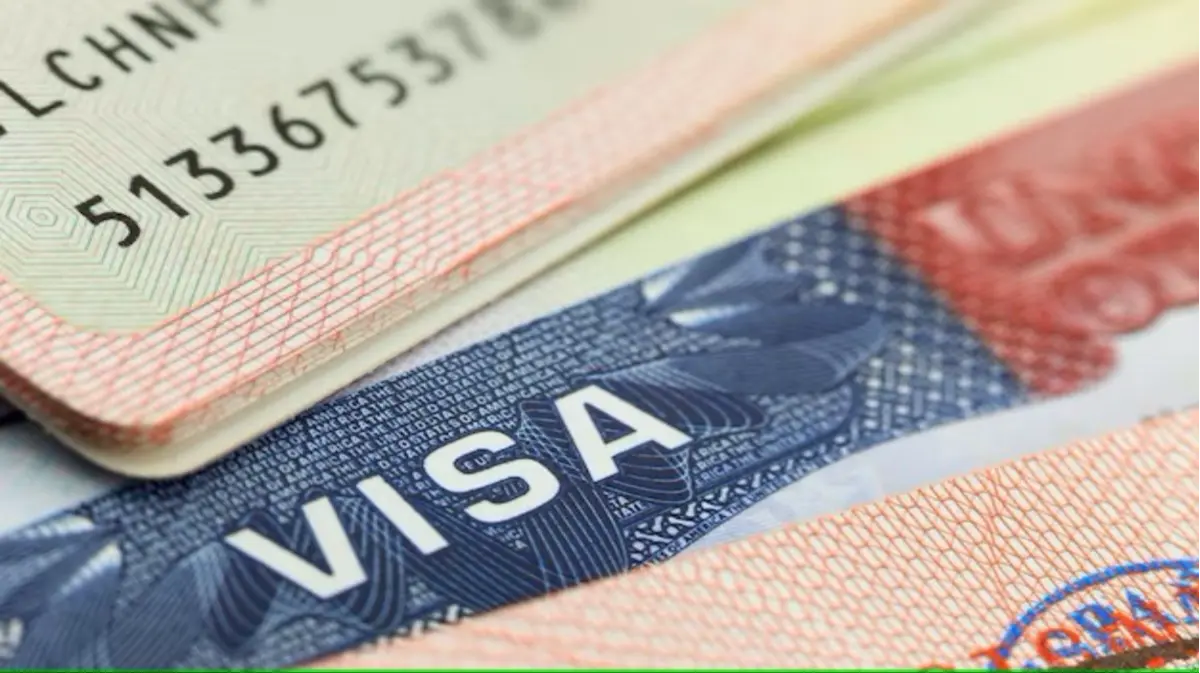
Can Your Facebook or Instagram Posts Get Your US Visa Rejected? Here’s What USCIS Says | Image:
X
Washington: The United States Citizenship and Immigration Services (USCIS) officially announced that social media posts could now play a critical role in denying or revoking US visas and residency permits. The new policy allows immigration authorities to assess applicants’ online activities, especially posts deemed anti-Semitic, as a negative factor during the visa decision process.
The decision was announced through an official statement from the Department of Homeland Security (DHS), and marks a significant shift in how the US government evaluates immigration applications.
DHS Makes Its Stance Clear
“There is no room in the United States for the rest of the world’s terrorist sympathizers, and we are under no obligation to admit them or let them stay here,” said Tricia McLaughlin, DHS Assistant Secretary for Public Affairs, in a strongly worded statement.
The move aims to block entry or residency for individuals who have expressed support for organizations the US classifies as terrorist groups.
Which Posts Can Lead to Visa Rejection?
According to USCIS, any content on platforms such as Facebook, Twitter (X), Instagram, or others that shows support for groups like Hamas, Hezbollah, or Yemen’s Houthi rebels can be flagged as anti-Semitic and considered grounds for visa denial. These groups have already been designated as terrorist organizations by the US government.
In its statement, the agency clarified, “US Citizenship and Immigration Services will consider social media content that indicates an alien endorsing, espousing, promoting or supporting anti-Semitic terrorism, anti-Semitic terrorist organizations or other anti-Semitic activity as a negative factor in determining benefits.”
This means that even likes, shares, or reposts that align with such groups or their ideologies may be scrutinized during background checks or application reviews.
Strict Monitoring of Online Activity
The new guidelines give immigration officers more authority to monitor applicants’ online presence. Though social media screening has been part of the vetting process for years, this move puts explicit focus on posts related to anti-Semitism and support for extremist groups.
Immigration experts warned that this development may result in a broader interpretation of what constitutes anti-Semitic behavior, especially under the framework defined by the Trump administration, which has emphasized a zero-tolerance approach toward content supporting terrorist organizations.
Implications for Visa Holders and Applicants
The rule could affect not only new visa applicants but also those already living in the US under temporary or permanent resident status. Individuals may now be subject to revocation of their visas if past or recent online activity is flagged during review.
Applicants seeking green cards, work visas, student visas, or asylum could all fall under the purview of this policy. The DHS has not yet outlined whether there will be an appeals process for those impacted by social media-based denials.
With this official policy, the US government has reinforced its stance on national security and immigration, intertwining them more closely with digital behavior.








